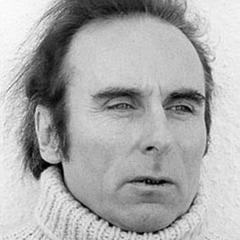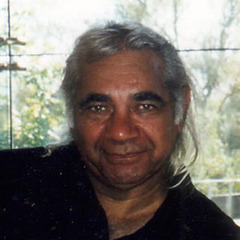Francis Quarles Quotes - Page 5

Nothing is more pleasing to God than an open hand, and a closed mouth.
Francis Quarles (1822). “Uniform with the Enchiridion: Spare Minutes Or Resolved Meditations and Premeditated Resolutions”, p.228
Francis Quarles, Christopher Harvey (1866). “Emblems, divine and moral; The school of the heart [really by C. Harvey] and Hieroglyphies of the life of man”, p.23
Richard Crashaw, George Gilfillan, Francis Quarles (1857). “Poetical Works: And, Quarles' Emblems”, p.205
Let all thy joys be as the month of May,And all thy days be as a marriage day.
Francis Quarles (1726). “Argalus and Parthenia”, p.79
Francis Quarles, Robert Wilson (A. M.) (1839). “Emblems divine and moral”, p.17
Francis Quarles, William Walker Wilkins (1866). “Emblems, Divine and Moral: The School of the Heart ; And, Hieroglyphics of the Life of Man”, p.15
Francis Quarles (1844). “Enchiridion Institutions, Essays and Maxims, political, moral & divine. Divided into four centuries. By Francis Quarles”, p.100
The slender debt to Nature's quickly paid,Discharged, perchance, with greater ease than made.
Richard Crashaw, Francis Quarles, George Gilfillan (1857). “The poetical works of Richard Crashaw and Quarles' Emblems”, p.260
Richard Crashaw, Francis Quarles, George Gilfillan (1857). “The poetical works of Richard Crashaw and Quarles' Emblems”, p.291
Francis Quarles, “On The World”
Francis Quarles, Charles Edward DE COETLOGON (1778). “Emblems divine and moral: together with hieroglyphics of the life of man”
The light of the understanding, humility kindleth and pride covereth.
Richard Crashaw, George Gilfillan, Francis Quarles (1857). “Poetical Works: And, Quarles' Emblems”, p.237
Francis Quarles (1822). “Uniform with the Enchiridion: Spare Minutes Or Resolved Meditations and Premeditated Resolutions”, p.117
Francis Quarles (1844). “Enchiridion Institutions, Essays and Maxims, political, moral & divine. Divided into four centuries. By Francis Quarles”, p.71
Francis Quarles (1844). “Enchiridion Institutions, Essays and Maxims, political, moral & divine. Divided into four centuries. By Francis Quarles”, p.77
Francis Quarles (1807). “Judgment and Mercy for Afflicted Souls: Or, Meditations, Soliloquies, and Prayers. New Ed., with a Biographical and Critical Introd. by Reginalde Wolfe”, p.30
Francis Quarles, Christopher Harvey (1866). “Emblems, divine and moral; The school of the heart [really by C. Harvey] and Hieroglyphies of the life of man”, p.9
Francis Quarles, Joseph Swain, Edmund Evans (1861). “Quarles' Emblems”, p.12






